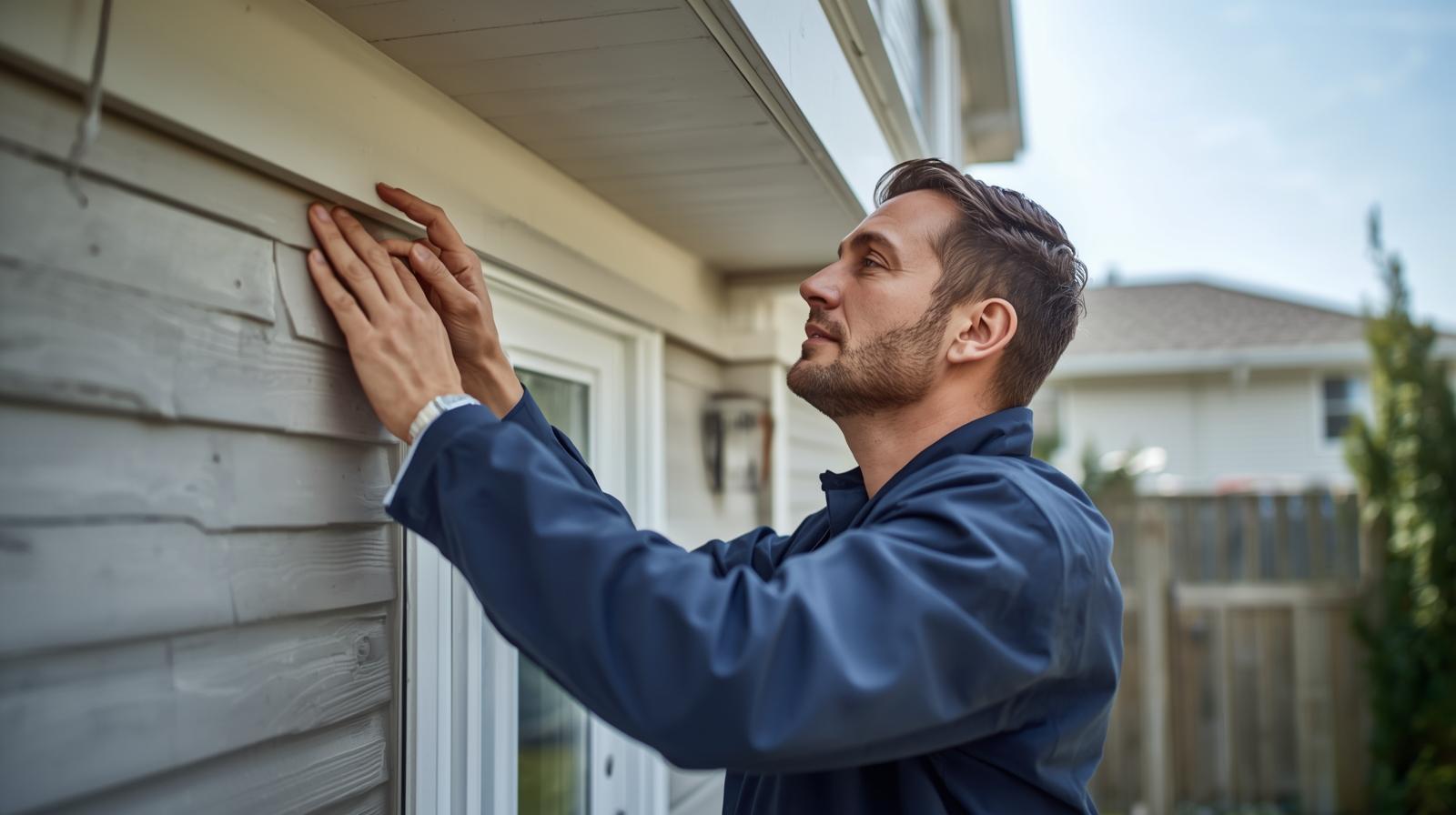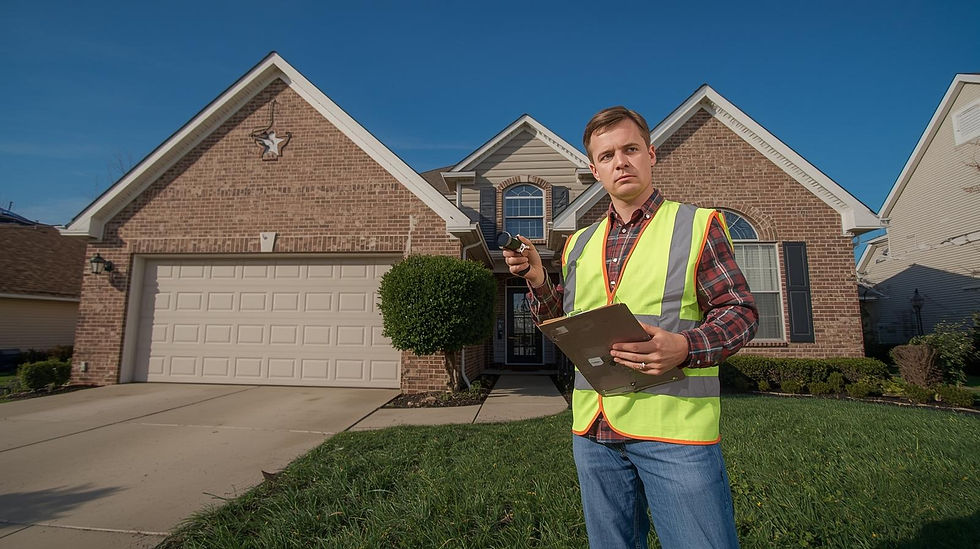
How to Find a Good Home Inspector in DFW, Texas (2025 Guide)
- John C Smith

- Oct 9
- 2 min read
Finding the right home inspector in the Dallas–Fort Worth area can make the difference between a smooth closing and expensive surprises after move-in. With hundreds of inspectors serving North Texas, buyers should know what qualifications, experience, and communication standards truly matter.
Below are practical tips to help you choose a qualified inspector who will deliver a clear, accurate, and professional report.
1. Verify Licensing and Experience
In Texas, all home inspectors must hold an active state license and operate under the required standards of practice. When comparing inspectors:
Confirm their license is current through the state’s public lookup tool.
Ask how long they’ve been performing inspections and what types of homes they specialize in—new construction, older properties, or investment rentals.
Choose someone who performs inspections full-time, not as a side business.
Experienced inspectors understand regional building styles, local materials, and common conditions found in DFW homes, from pier-and-beam crawlspaces to post-tension slabs.
2. Look for Clear, Detailed Reporting
A professional inspection report should be:
Well-organized and easy to read, with photos and concise explanations.
Delivered within 24 hours, so buyers can stay on schedule during the option period.
Written in plain language—avoiding excessive jargon and focusing on the facts observed at the time of the inspection.
Ask for a sample report before scheduling; it’s one of the best ways to judge professionalism and communication style.
3. Evaluate Communication and Availability
A good inspector isn’t just thorough—they’re accessible. Look for someone who:
Encourages you to attend the inspection walk-through.
Takes time to explain findings on site.
Responds promptly to calls, texts, or emails before and after the inspection.
The best professionals treat each inspection as an educational experience, helping you understand how major systems work and how to maintain them.
4. Consider Tools and Technology (Within Standard Practice)
Modern inspectors often use tools that improve accuracy within the scope of a visual inspection—such as moisture meters, outlet testers, and digital cameras.
These help document visible deficiencies clearly without performing any engineering, code enforcement, or destructive testing.
5. Check Reviews and Referrals
Online reviews, local real-estate agents, and past clients can give valuable insight. Consistent comments about professionalism, punctuality, and clear reporting are signs of a strong reputation.
When comparing ratings, focus less on quantity and more on the consistency of positive feedback and responsiveness to any concerns.
6. Compare Fees—but Don’t Shop Only on Price
Home inspection pricing in DFW varies by size, age, and location of the property. While everyone wants a fair rate, the cheapest inspection isn’t always the best value.
A thorough inspection that identifies safety or maintenance concerns early often saves far more than it costs.
Final Thoughts
Choosing a qualified, experienced home inspector is one of the most important steps in the home-buying process. Look for a licensed professional who communicates clearly, delivers detailed reports, and uses reliable inspection tools—all within the standard scope of a visual home inspection.
The right inspector helps you make informed decisions and move forward with confidence in your new North Texas home.




Comments